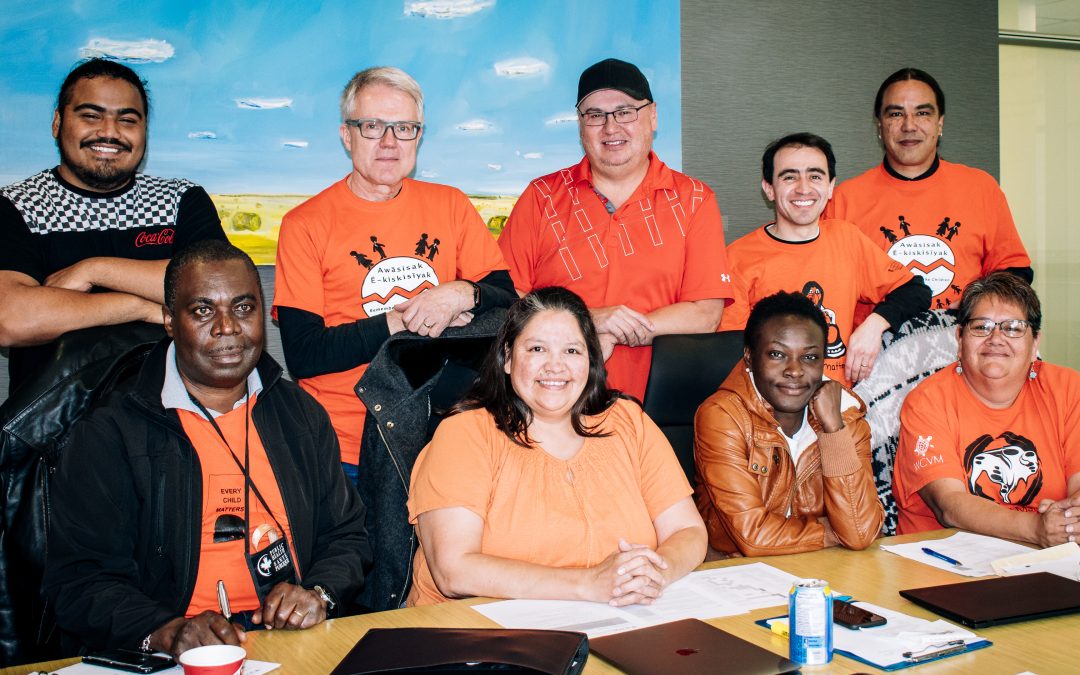A group of researchers and patient advocates from the University of Saskatchewan recently published a population-based study on First Nations people living with Inflammatory Bowel Disease (IBD).
The research was meant to advocate for First Nations people who are dealing with the disease but have been misdiagnosed, or remained undiagnosed, due to a misconception that Indigenous people don’t contract IBD.
Rhonda Sanderson, a patient advocate for the study from James Smith Cree Nation, said she had to go to a doctor multiple times and push to get proper treatment.
“I have Crohn’s Disease and when I was first diagnosed, I was told that First Nations people didn’t get Crohn’s Disease which was shocking considering it was a specialist telling me this,” she said. “So I was like, ‘oh, well maybe I have something else.’ I was re-diagnosed with Crohn’s Disease from that specialist and it’s amazing how much I had to advocate for myself to get the services needed.”
Juan-Nicolás Peña-Sánchez, from the university’s Department of Community Health and Epidemiology, and one of the principal researchers of the study, says it’s a misconception that Indigenous people don’t get IBD.
“If this misconception is among many health care providers, it means that they cannot necessarily consider the diagnosis as the first option despite patients presenting clinical characteristics of being with IBD,” he said. “That could influence their decisions and delay access to the diagnosis, medications and treatments that are required.”
He said the research is meant to advocate for better health care for Indigenous people living with the condition.
“We are providing foundational evidence to advocate for better health care and wellness for Indigenous peoples living with IBD,” Peña-Sánchez said. “Informing health care providers of the actual numbers, complementing what wasn’t available before, (and) informing policy-makers to promote culturally-safe health care for Indigenous patients living with this condition.”
The study examined provincial administrative health data to determine the results.
The team is now focused on their next study which is a continuation of this advocacy.
Their next project is a photovoice study which will use the voices of Indigenous people living with IBD or those helping people in their lives who live with the condition to better understand life with IBD as well as the barriers they encounter.
(PHOTO: The IBD Among Indigenous Peoples Research Team includes Jose Diego Marques Santos (Dept. of Community Health & Epidemiology [CH&E], University of Saskatchewan); Ulrich Teucher (Dept. of Psychology, University of Saskatchewan) Rob Porter (York Factory First Nation), Juan-Nicolás Peña-Sánchez and Derek Jennings (Dept. of CH&E, University of Saskatchewan). From the front left: Germain Bukassa Kazadi, Linda Porter (One Arrow First Nation), Jessica Osei (Dept. of CH&E, University of Saskatchewan), and Rhonda Sanderson (James Smith Cree Nation) who are pictured above, as well as Carol-Lynne Quintin (Saskatchewan Chapter, Crohn’s Colitis Canada), Colten Brass (Muskoday First Nation) Michelle Johnson-Jennings (Dept. of Indigenous Studies, University of Saskatchewan), Mustafa Andkhoie (Indigenous Services Canada), and Sharyle Fowler (Dept. of Medicine, University of Saskatchewan). Photo courtesy of Juan-Nicolás Peña-Sánchez.)
